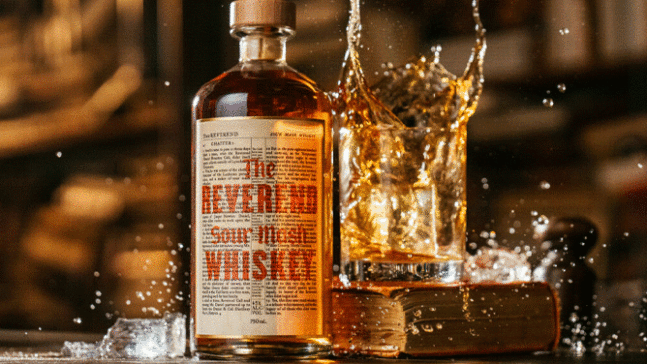Spike Lee is not one to toss out jabs; he throws haymakers. Do The Right Thing landed in theaters with a lit fuse attached; Malcom X was the movie its subject deserved; and Four Little Girls remains one of the most impactful yet least talked about documentaries we’ve ever seen.
Yet, like Lee’s beloved New York Knicks, the filmmaker has seemingly gone dormant in recent years. Okay, “dormant” is probably the wrong word, both have been active (an Oldboy remake a few years ago/correctly drafting Kristaps Porzingis). But you need to go back quite a ways for the last memorable moment from either of them (Inside Man?/a Marcus Camby-led 8 seed that improbably made the NBA Finals in 1999?). We’re talking a decade-plus without making a real blip on the public’s radar.
While the squad from MSG has yet to return to form, Lee sure has, as BlacKkKlansman is set to make waves when it hits theaters August 10.
BlacKkKlansman debuted last week at the 71st annual Cannes Film Festival, where the movie received a standing ovation and, at least to our untrained ears, mostly positive comments as filmgoers filtered out of the theater in tuxes and ballgowns.
BlacKkKlansman is based on the insane-yet-true story of Ron Stallworth (John David Washington), a newbie cop in the Colorado Springs Police Department who pretends to be white to infiltrate the local KKK chapter and befriend David Duke, then-Grand Wizard of the Ku Klux Klan, in the process. Or, as the film puts it, “Dis joint is based upon some fo’ real, fo’ real shit.”
The film very obviously presents itself like Shaft, Cleopatra Jones, and other well-known blaxploitation films of the early 1970s, a time when studios tried to connect with African-American communities through characters that spoke their language, all while turning a nice profit in the process. Lee takes this to the extreme. Characters call each other things like “jive turkey,” screeching tires and other sound effects push to distorted levels, and the soundtrack will remind you of Soul Train. It’s a serious movie in a mostly fun package—a Trojan clown, of sorts.
While Stallworth, the film’s hero, deals first-hand with blatant racism on the job, he also isn’t ready to call cops “pigs” or fully pledge his allegiance to Kwame Ture (Corey Hawkins), the black civil rights activist who encourages listeners of his to prepare for war. There’s somewhat of a balancing act like this throughout the film, one that can feel a bit too obvious at times. Some white cops are raging racist assholes. Others laugh heartily along while Stallworth tricks David Duke on the phone, slapping him on the back with gusto. Detective Flip Zimmerman (Adam Driver), who stands in as Stallworth when actually meeting the Klansman face-to-face, is Jewish, a fact that’s mentioned quite a bit, as he is a means of showing that the KKK isn’t just about hating black people. His journey, from “detective who doesn’t care he’s Jewish” to “detective who kinda cares he’s Jewish,” is the most transformative of the movie.
But while the characters often stand in stark contrast to each other without much complexity to their name, the performances are all quite good, highlighted by John David Washington, who we know best from Showtime’s Ballers, where he plays an NFL star/diva, and, of course, as Denzel’s son. He’s super enjoyable to watch, delivering the best punchlines of the movie. Ryan Egghold, who plays the Klan chapter president, and Topher Grace, who takes up the role of David Duke, also really stand out.
The film is not without its faults, however. Felix Kendrickson (Jasper Pääkkönen) is the Klansiest Klansman imaginable, constantly pulling out a gun he inexplicably has nearby and uttering derogatory phrases through an evil sneer. He’s stupid. Many of the Klan members are stupid.
Jokes that tie the movie to modern-day America get big laughs at first, but, like a comic who doesn’t know how to go out on a high note, continue on and on.
These are the sort of things that cost movies awards, but they don’t always equal bad movies. Because, to focus on the areas where the film falls flat is to ignore the bulk of it, where Lee and the cast blend impactful scenes with an air of levity. There are laugh out loud moments. There are very powerful moments. There’s a dance scene that left us humming The Cornelius Brothers & Sister Rose’s 1972 hit “Too Late to Turn Back Now” for upwards of five days.
Then there’s the way the movie closes (which we won’t spoil for you here).
BlacKkKlansman is serious fun. And it’s serious, fun. We don’t think Spike will receive Best Picture for it, but, hey, he’s out here landing overhand rights. And we think that’s what he really wants.





